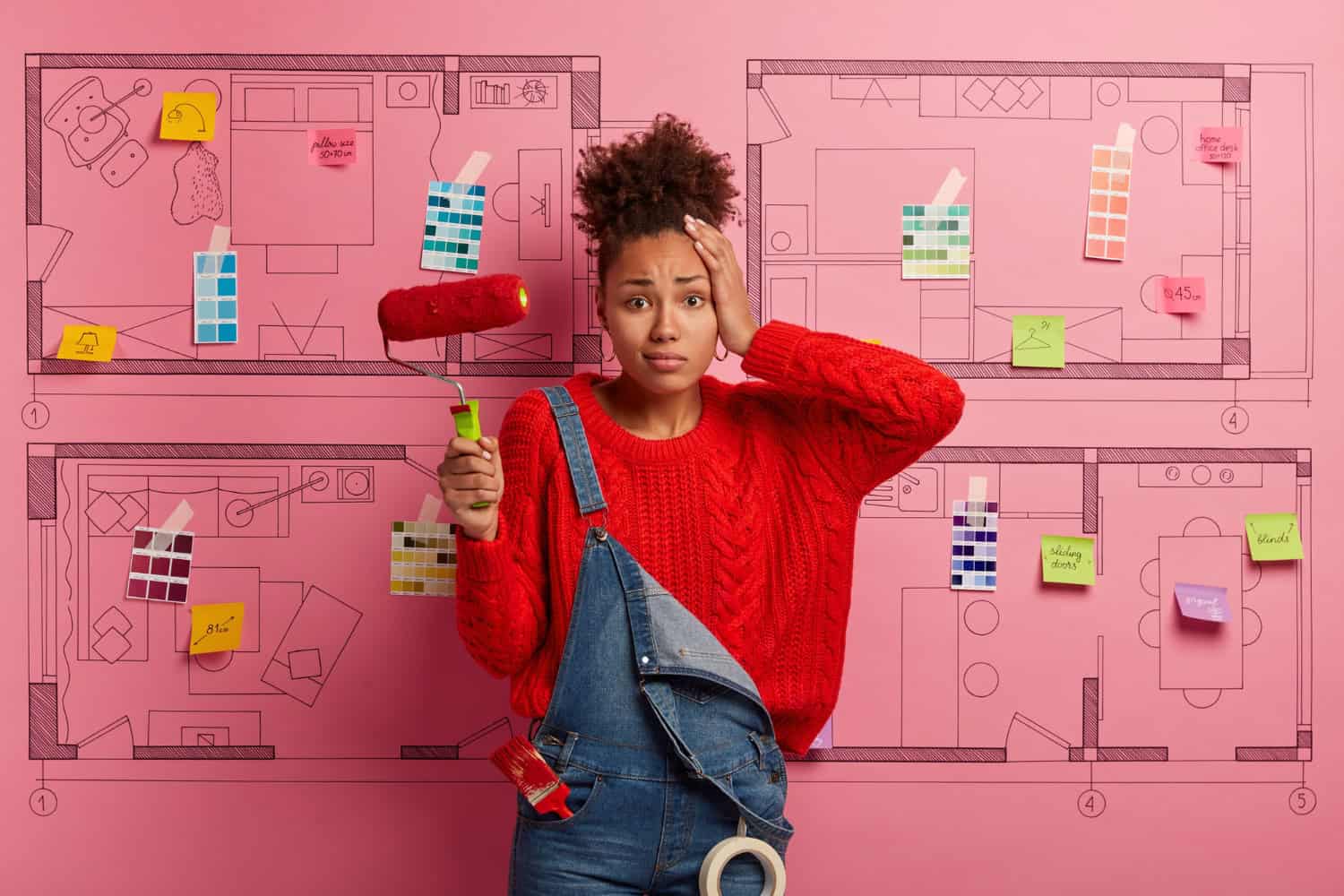
Do you ever look around your rented place and think, “I could really make this better,” but then the big question hits you: If I spend my time and money upgrading this flat, will I actually get paid back when I move out? You’re not alone. The South African law about tenants making improvements—whether it’s fixing a broken window or installing a fancy new kitchen tap—can feel like a confusing mess of legal jargon. Stop stressing! This straightforward guide cuts through the puzzle to explain the difference between a necessary fix, a useful addition, and a simply luxurious change, so you know exactly where you stand and whether your landlord owes you a cent.
Necessary vs. Useful vs. Luxurious: The Three Categories of Improvements
According to legal experts, there are three main categories of improvements a tenant can make:
- Necessary Improvements: These are repairs or upgrades that prevent the property from deteriorating. Think of fixing a leaky faucet or replacing a broken window. Landlords generally have a responsibility to maintain their properties; therefore, tenants shouldn’t expect compensation for these types of repairs. Some lease agreements might even require tenants to notify the landlord about necessary maintenance and refrain from fixing them themselves.
- Useful Improvements: These upgrades enhance the property’s value or functionality. Adding built-in bookshelves, installing a modern kitchen faucet, or painting the walls a neutral colour could all fall under this category. Here’s the key: the improvements need to be considered “useful” not just by you, but also by the broader community. While a bright pink bathtub might excite you, it might not appeal to most potential future tenants. Courts will likely consider factors like whether the improvement increases the rental value of the property or makes it more appealing to a wider range of tenants.
- Luxurious Improvements: These are upgrades that go beyond basic functionality or value enhancement. Installing a jacuzzi in a one-bedroom apartment or adding custom wallpaper with a unique theme would likely be considered luxurious. Tenants wouldn’t typically be entitled to compensation for these types of improvements, and some lease agreements might even specifically prohibit them without written consent from the landlord.
Following the Lease Agreement: The Importance of Black and White
If your lease agreement specifically mentions improvements or alterations, that takes precedence over everything else! Always read your lease carefully and follow what it outlines regarding making changes to the property. For example, if the lease forbids alterations without landlord approval, you might not be entitled to compensation for any improvements you make, even if they fall under the “useful” category.
Beyond the Basics: Additional Considerations
There are a few other things to keep in mind when it comes to tenant-made improvements:
- Always Get Written Consent: If you’re planning on making any significant changes to the property, even if you believe they’re useful improvements, it’s always best to get written consent from your landlord beforehand. This will help avoid any misunderstandings down the line.
- Document Everything: Keep receipts for any materials you purchase for improvements, and take photos of the property before and after the changes are made. This documentation can be crucial if you ever need to negotiate compensation with your landlord.
- Be Prepared to Negotiate: Even if your improvements fall under the “useful” category, there’s no guarantee you’ll receive full compensation when you move out. The amount of compensation might be based on factors like the remaining useful life of the improvement and whether it aligns with the landlord’s vision for the property. Be prepared to negotiate a fair outcome.
Need Help Navigating the Legal Landscape? We’re Here for You!
The world of rental agreements and tenant rights can be complex. Whether you’re a landlord or a tenant, if you have questions about improvements, alterations, or your rights and responsibilities, don’t hesitate to contact us. We can provide you with the legal guidance you need to make informed decisions and avoid any surprises down the line.
Remember: Clear communication is key! Talk to your landlord before making any major changes to the rental property. By understanding your rights and responsibilities, and by keeping the lines of communication open, you can ensure a smooth and successful rental experience for everyone involved.


Recent Comments